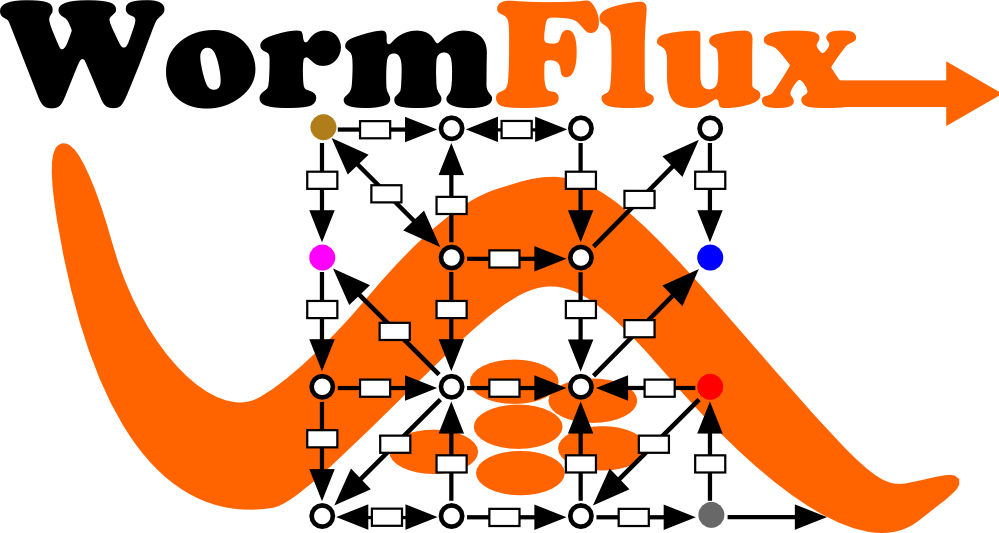
| Enzyme (?) Identification in Enzyme Commission (EC) numbering system. ..................................................... | : | 1.5.1.3 |
| Name ..................................................... | : | Dihydrofolate reductase, etc.Tetrahydrofolate dehydrogenase, DHFR, Pteridine reductase:dihydrofolate reductase, Dihydrofolate reductase:thymidylate synthase, Thymidylate synthetase-dihydrofolate reductase, Folic acid reductase, Folic reductase, Dihydrofolic acid reductase, Dihydrofolic reductase, 7,8-dihydrofolate reductase, NADPH-dihydrofolate reductase |
| KO (?) The KEGG orthology group (KO) that is associated with this enzyme. ..................................................... | : | K00287folA; dihydrofolate reductase [EC:1.5.1.3] |
| Genes ..................................................... | : | dhfr-1 |
| Localization ..................................................... | : | Cytosol |
| Other associations ..................................................... | : | See reaction table below. |
 |
||||||
 |
||||||
 |
||||||
 |